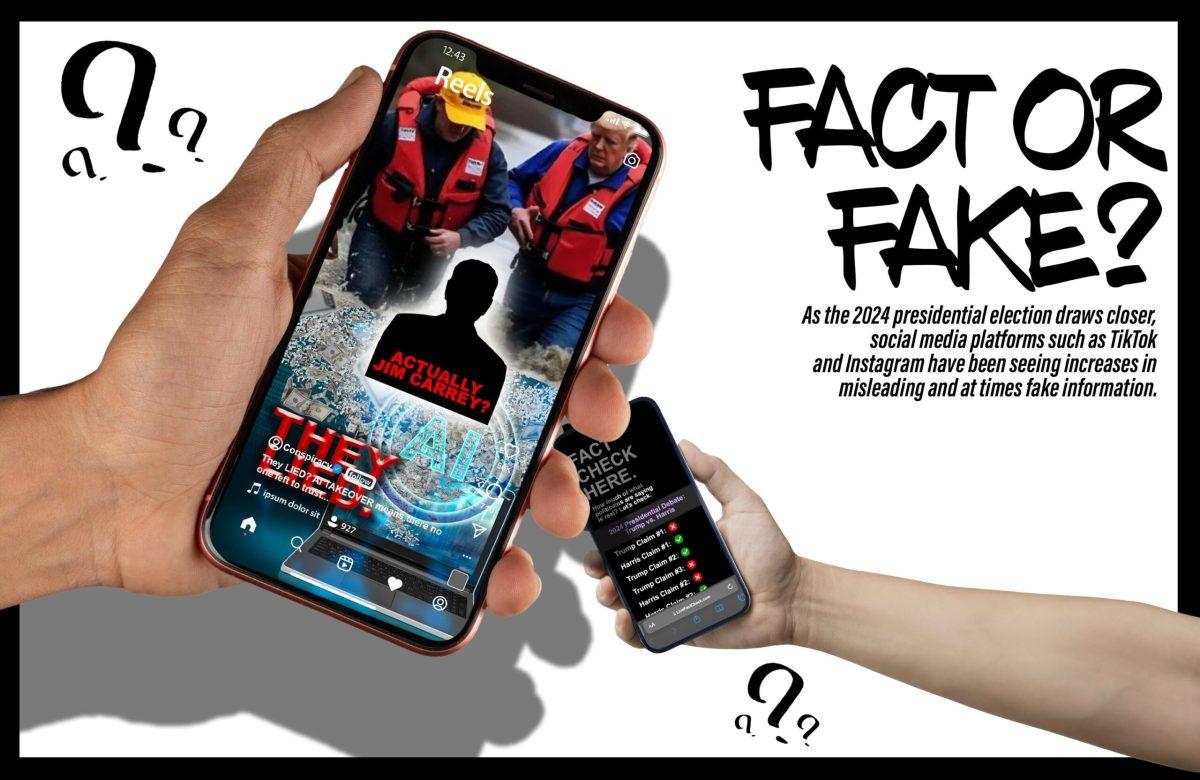_Maureen Dunne is a freshman journalism major at MU. She is an opinion columnist who writes about student life and politics for The Maneater._
Nearly 2 percent of the voting-age population of Missouri is ineligible to vote.
In Missouri, felons are disenfranchised until they have completed their time in the criminal justice system, including parole and probation. In 2016, 105,482 people were in the Missouri correctional system, and thereby ineligible to vote in the presidential election, according to the National Institute of Corrections.
Although 2 percent of the population of Missouri may not seem like a steep statistic, felony disenfranchisement to any degree is damaging to society and felons themselves. It has been linked to increased rates of recidivism, and in states with lifetime disenfranchisement, drives recidivism rates 10 percent higher than those with temporary disenfranchisement. However, Missouri has the nation’s third highest recidivism rate despite enforcing only temporary disenfranchisement.
Voting as a felon in Missouri is still tricky even after one has completed his or her time in the criminal justice system. Felons are encouraged to re-register to vote regardless of how long they were incarcerated or on parole, as opposed to the general population only being required to update their voter registration after a change in name or address. This is little known advice, meaning many felons do not register to vote in time for elections. As a result, less than 20 percent of voting-eligible felons in Missouri turned out for the 2008 presidential election, according to a study conducted by Northwestern University professor Traci Burch.
By barring felons from voting, the government is making it more difficult for an already vulnerable demographic to have faith in government and re-assimilate into society.
Deliberately silencing the voices of voting-eligible citizens is voter suppression. Convicted felons released from prison have repaid their debt to society and are on parole to ensure that they have the structure they need to successfully reintegrate into the outside world. Barring them from their civic duty does nothing but further alienate them from their community members and the government.
Recently, some states have eased their felony disenfranchisement policies, specifically Florida. Until this past midterm election, Florida was one of three states in the U.S. which stripped convicted felons of their voting rights for life. On Nov. 7, Florida voters passed Amendment 4 which granted voting rights to over 1.4 million convicted felons across the state.
Amendment 4 was a monumental advancement for Florida and the U.S. as a whole. Just like Missouri’s recent Senate race, Florida had its own tight election this year. Republican Ron DeSantis was elected governor by merely 10,033 votes across the state after a nearly two week long manual ballot recount.
Florida is no stranger to tight elections. In 2000, George W. Bush secured the state’s 29 electoral votes (and as a result, the presidency) by merely 537 votes statewide. Winning Florida’s electoral votes has long been respected as a necessary step to winning the presidency. Roughly 1.4 million newly eligible voters for the 2020 elections could mean the end of Florida’s history of narrow elections and squash its reputation as a perennial swing state.
Although not as strict as Florida’s previous lifetime felony disenfranchisement, Missouri’s policy is more restrictive than many neighboring states. Felons’ voting rights in Illinois and Indiana are automatically restored upon release from prison, regardless of parole or probation status. As a result, only half of a percent of the population of Illinois is disenfranchised compared to Missouri’s 2 percent.
Regardless of the potential for felons’ votes to be the difference in key elections, felons deserve the right to vote (and to be informed of it) immediately upon their release from prison. Missouri needs to take a hint from Illinois and follow Florida’s recent lead.
Illinois’ policy, allowing felons to vote on parole and probation and restoring them their civil rights immediately, reinforces the very purpose of parole: ensuring a successful reintegration into society. Florida’s Amendment 4 instated automatic voter registration upon completion of parole or probation, providing felons a seamless way to resume their civic duties. Missouri needs a system in which felons are automatically registered to vote upon the completion of their sentence.










